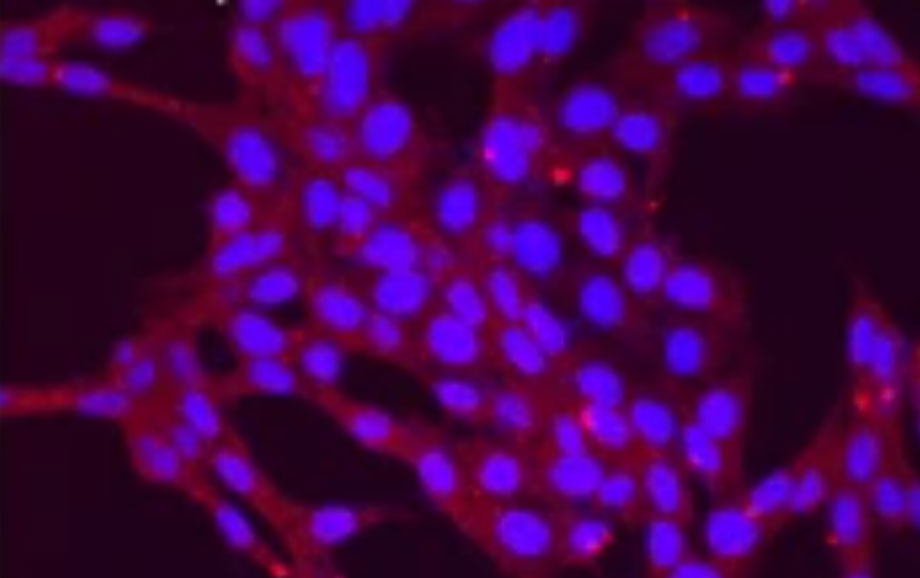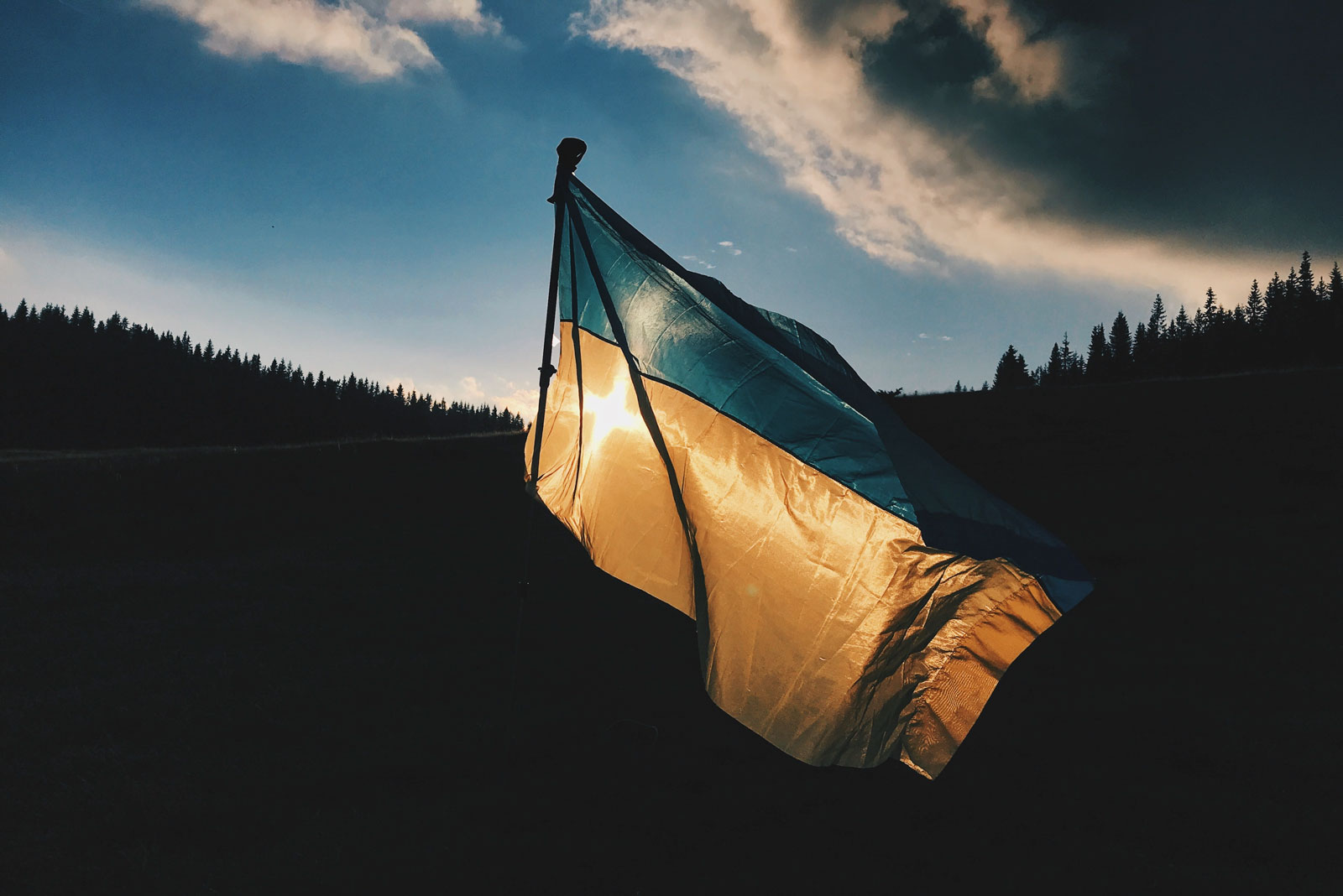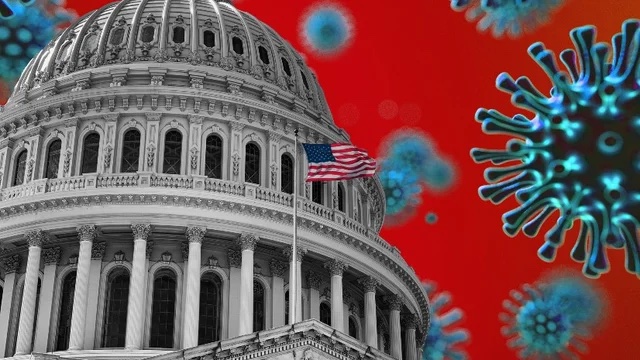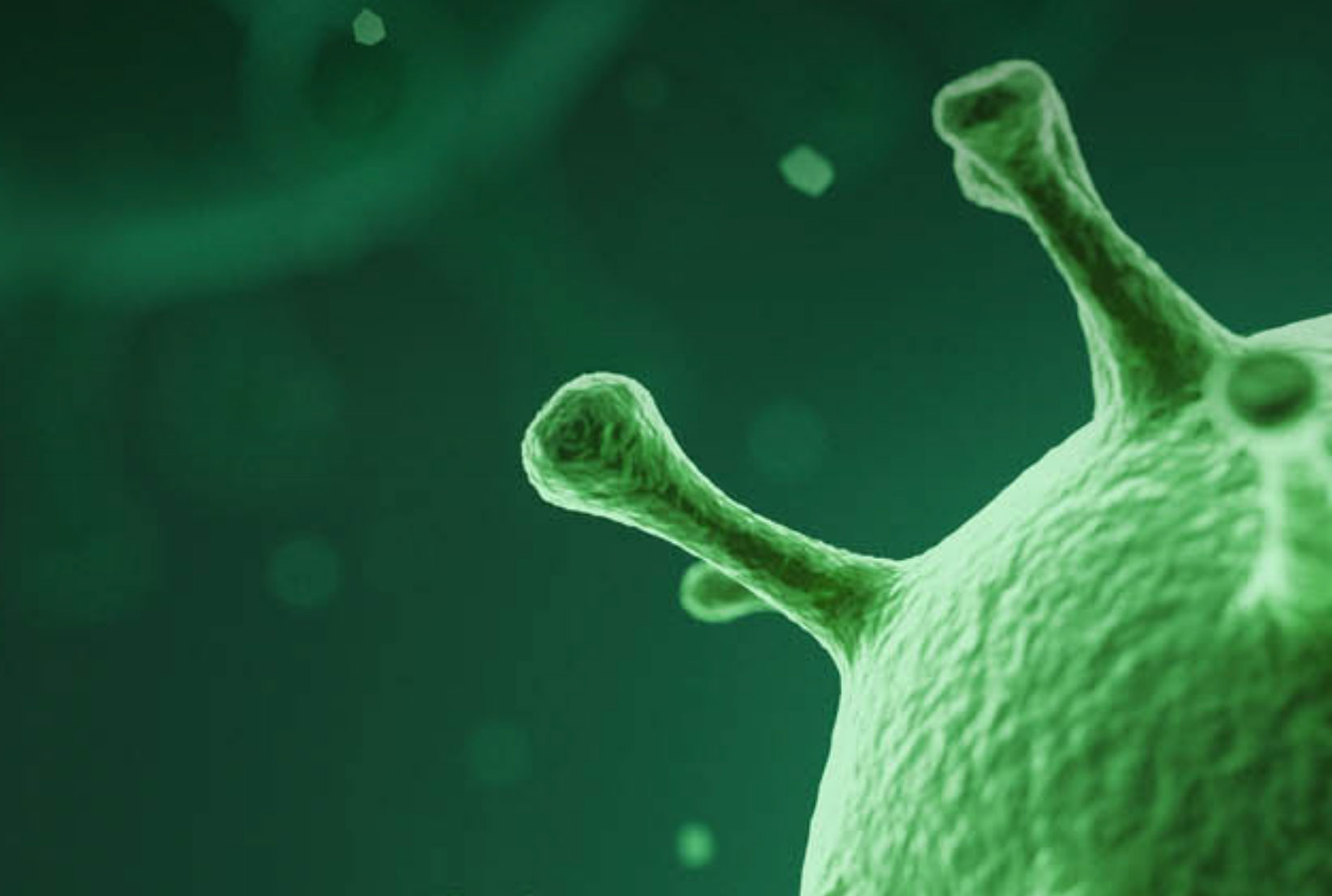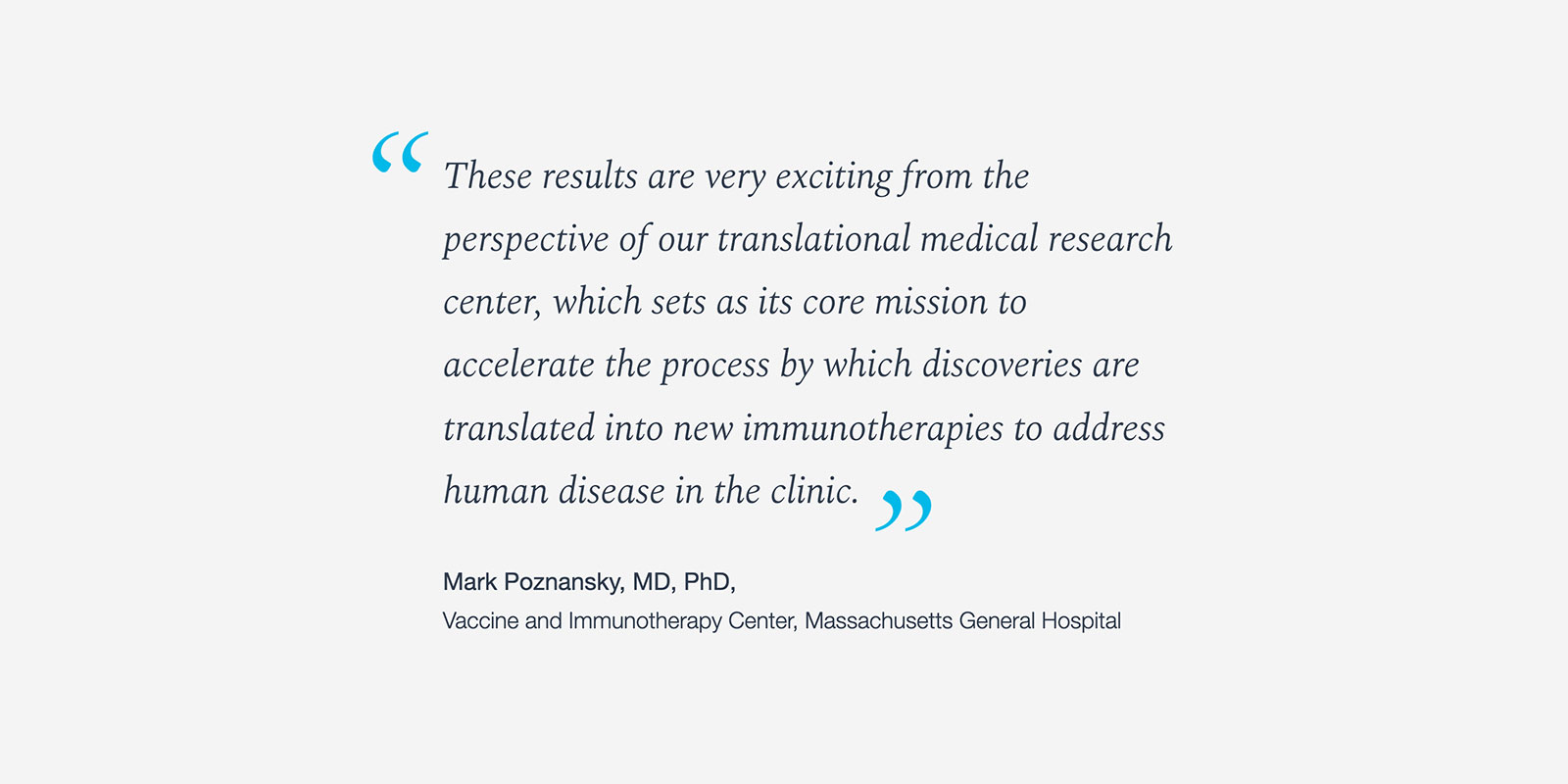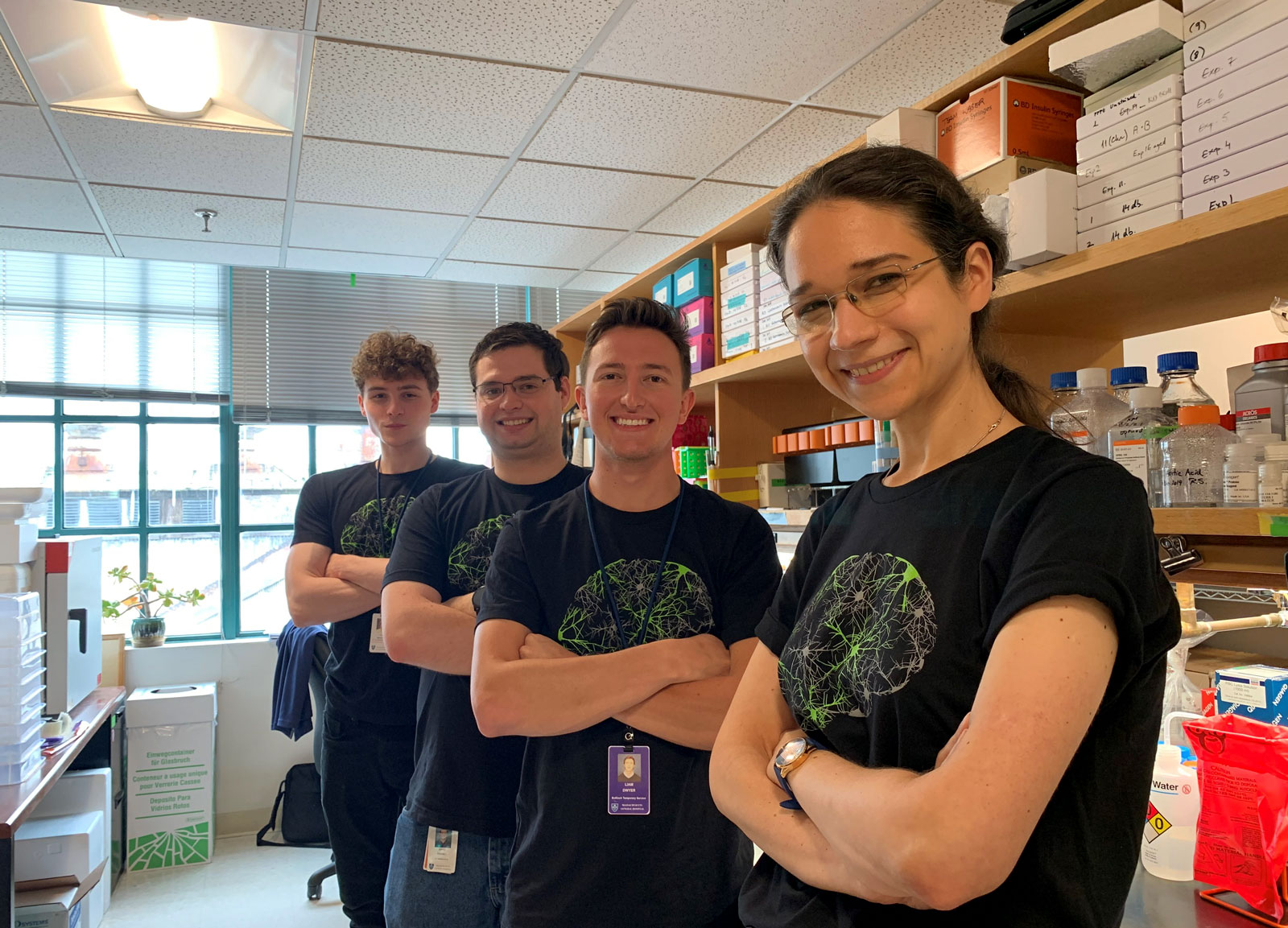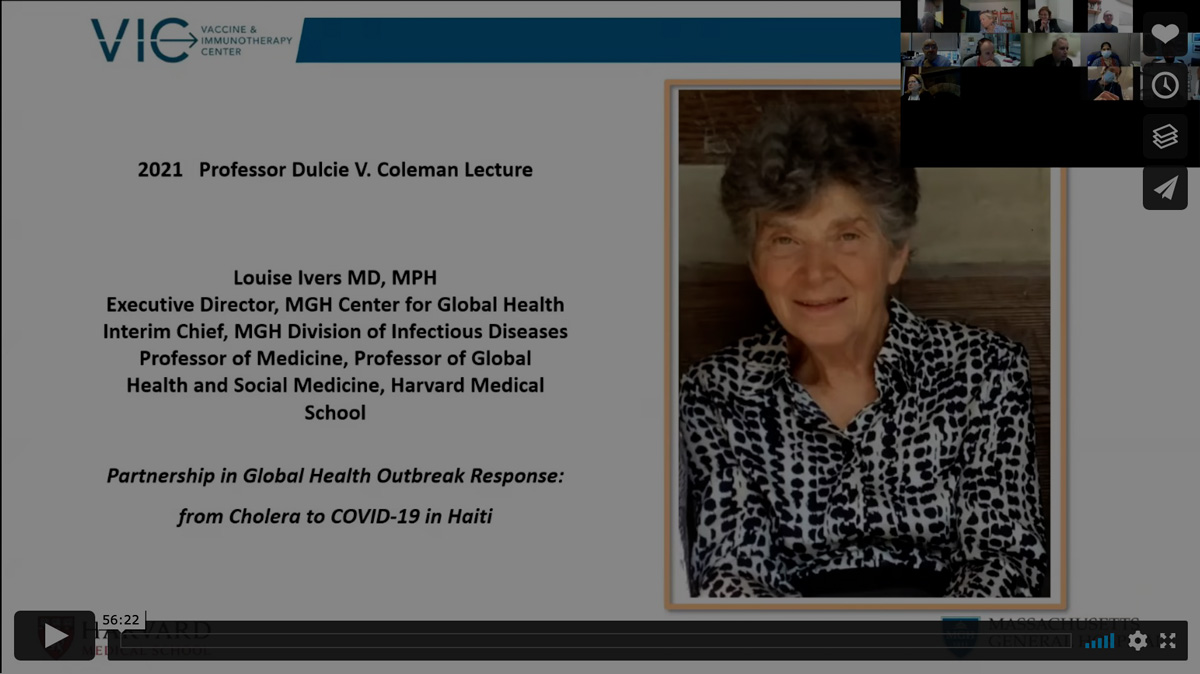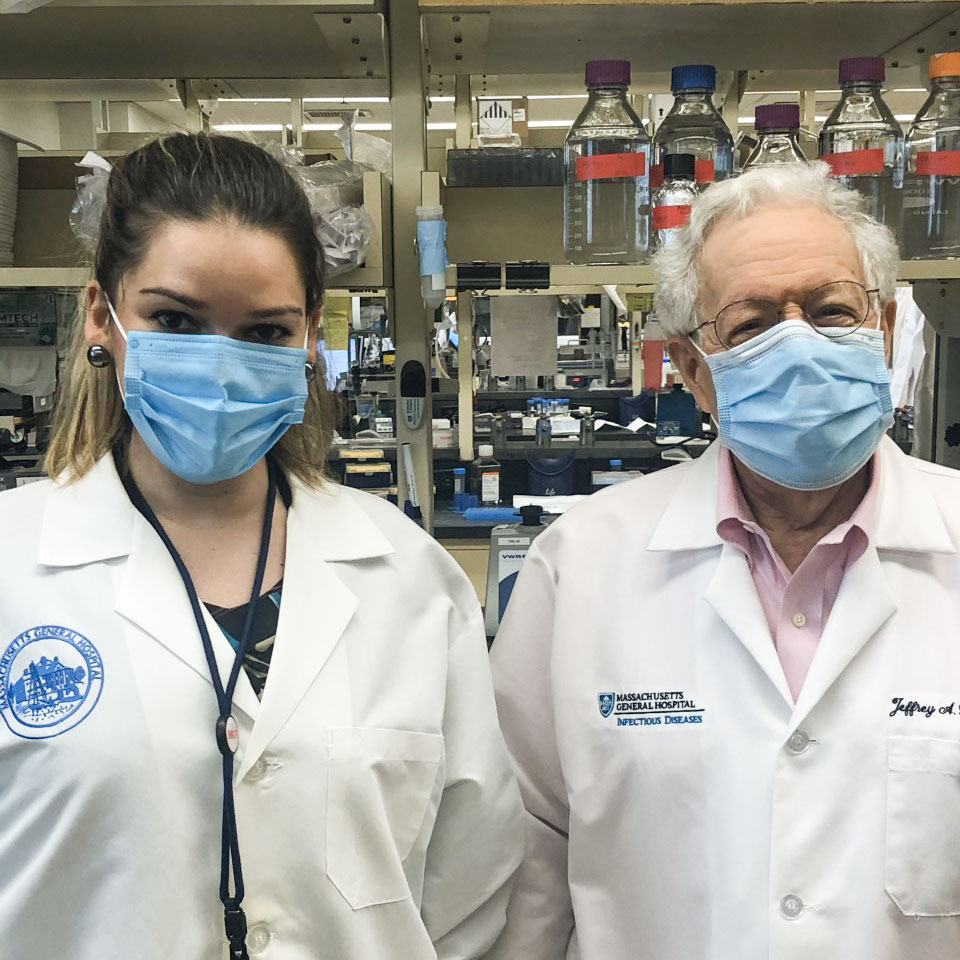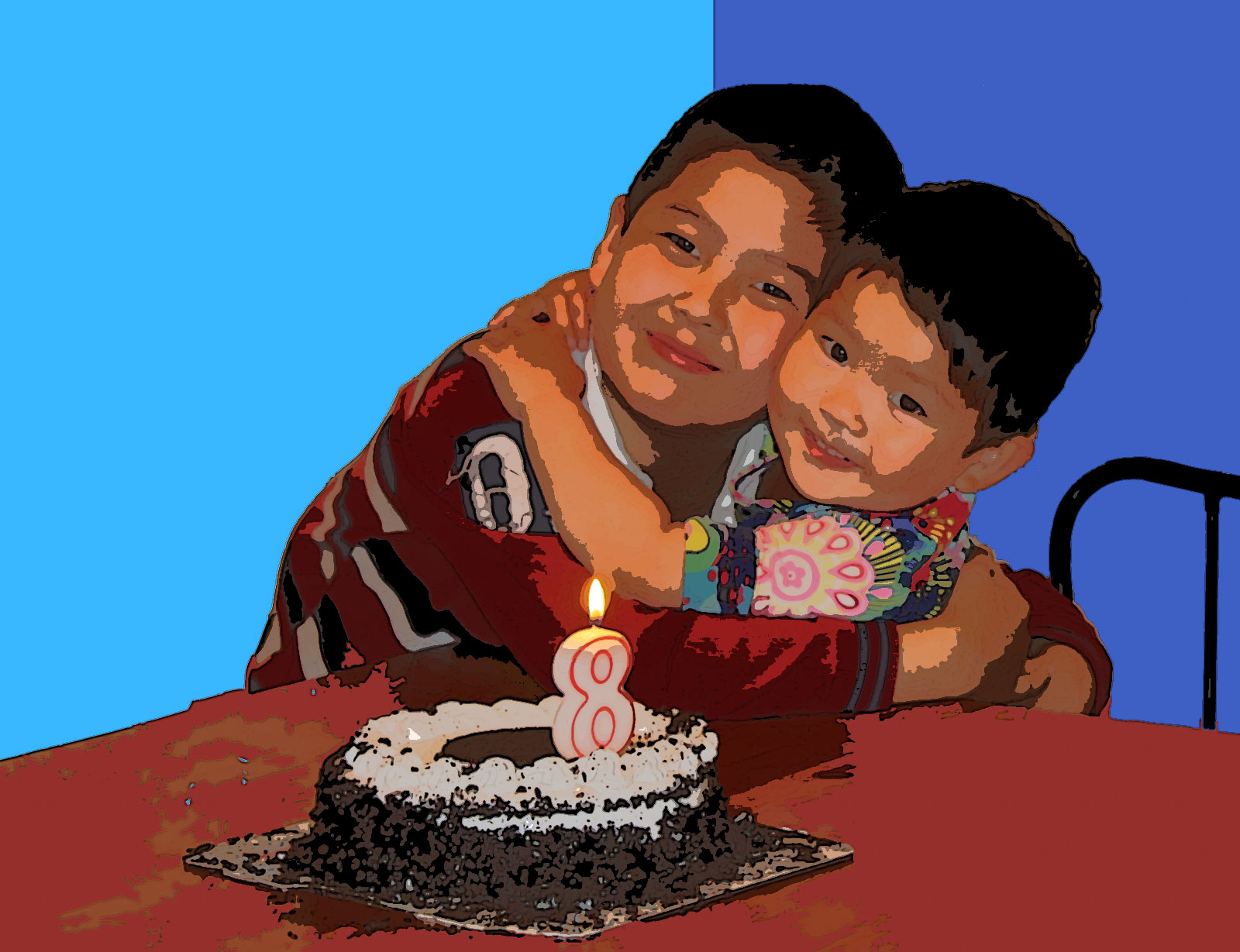A collaboration between researchers at Mass General Hospital and Brigham and Women’s led to fruitful findings for a transformative approach to Hepatocellular carcinoma (HCC). The team began with hopes to address the current limitations of immune checkpoint blockade (ICB). A new class of drugs that despite demonstrating the ability to enhance anti-tumor immunity, only elicit responses in a small fraction of patients. Through use of p53 targeted mRNA nanoparticles, researchers were able to restore p53 function in an immunosuppressed environment to potentiate ICB response in HCC murine models. Success was observed through effective reprogramming of the tumor microenvironment and suppression of tumor growth.
181 Nobel Laureates condemn Vladimir Putin’s unprovoked and brutal invasion of Ukraine.
An open letter from Nobel laureates
The undersigned Nobel laureates voice our support for the Ukrainian people and the free and independent state of Ukraine as it faces Russian aggression.
In a move that recalls the infamous attack of Nazi Germany on Poland in 1939 (using similar tricks of feigned provocation) and on the Soviet Union in 1941, the government of the Russian Federation, led by President Putin, has launched an unprovoked military aggression — nothing else but a war — against its neighbor, Ukraine. We choose our words carefully here, for we do not believe the Russian people have a role in this aggression.
We join in condemning these military actions and President Putin’s essential denial of the legitimacy of Ukraine’s existence.
There is always a peaceful way to resolve disputes. The Russian invasion blatantly violates the United Nations Charter, which says “All members shall refrain in their international relations from the threat or use of force against the territorial integrity or political independence of any state.” It ignores the Budapest Memorandum of 1994, which obligated Russia and others to respect the sovereignty, independence, and existing borders of Ukraine.
Russia’s security concerns can be addressed within the framework of the UN Charter, the 1975 Helsinki Final Act, and the 1990 Paris Charter. To make war, as President Putin and his collaborators have done, is an unwarranted, bloody, and unproductive way to a future.
The Russian invasion will stain the international reputation of the Russian state for decades to come. It will pose barriers to its economy and inflict hardships on its population. The sanctions imposed will restrict the ease of movement of its talented and hardworking people in the world. Why raise this fence between Russia and the world now?
Hundreds of Ukrainian soldiers, Russian soldiers, and Ukrainian civilians, including children, have died already. It’s so sad, so unnecessary. We gather in this appeal to call upon the Russian government to stop its invasion of Ukraine and withdraw its military forces from Ukraine.
We respect the calm and the strength of the Ukrainian people. We are with you. Our hearts go out to the families and friends of all, Ukrainians and Russians, who have died and been injured already. May peace come to this piece of our beautiful world.
Exciting research reveals new potential in investigating “hybrid immunity” against Covid-19 and evolving variant
Exciting research reveals new potential in investigating “hybrid immunity” against Covid-19 and evolving variants. A year-long project from Rockefeller university led to unanticipated results indicating individuals who were previously infected with the virus and later vaccinated have “hybrid immunity”, super immunity against Covid-19 and newer variants. Primary investigation focused on anticipating more resilient variants of Covid-19, in hopes to get ahead of the pandemic. Following exposure of an engineered virus to blood samples, initial results were as expected but what soon followed was a well-welcomed surprise. The blood samples of individuals who recovered from Covid-19 and were then vaccinated showed incredibly diverse antibodies, of much greater quantity than people double vaccinated and boosted. These qualities have granted these individuals “hybrid immunity” and greater defense against new and evolving Covid-19 variants. Hope remains in continued research to mimic “hybrid immunity” through advancing vaccine regimes, as to end this pandemic and better defend against future ones.
Three pillars of pandemic preparedness to end this one while preparing for the next
Mark Poznansky, Director of VIC and Michael Callahan, Director of Clinical Translation at VIC, discuss three independent pillars the government should consider to stop fighting the last virus and develop a new strategy to counter new waves of Omicron-like variants.
Voltron Therapeutics, a Laidlaw Venture Partner, Announces Selection of Therapeutic Targets for Immuno-Oncology Program
The Vaccine and Immunotherapy Center in partnership with Voltron Therapeutics, Inc. has selected three initial cancer targets and pre-clinical protocols for its VaxCelerate self-assembling vaccine (SAV) platform, in the immuno-oncology (IO) setting and are aiming to file an IND for at least one cancer indication in mid-2022.
Please read the press release below for more detail on this exciting progress.
B cells do more than just help fight infection: a new study shows that they can support tissue repair and regeneration after injury
An exciting recent publication in the FASEB Journal by VIC researcher’s Ruxandra Sîrbulescu, PhD and Mark Poznansky, MD, PhD on ‘B cells do more than just help fight infection: a new study shows that they can support tissue repair and regeneration after injury’
Please read the press release below or click on the link to read the full paper.
FASEB Journal publication from VIC’s Dr. Sîrbulescu and her team.
Ruxandra Sîrbulescu, PhD, a Principal Investigator at VIC, has recently published the results of her research conducted with her team, showing that B cells do more than just help fight infection – that they can support tissue repair and regeneration in injury.
Mark Poznansky and VIC hosted the annual Professor Dulcie V. Coleman Lecture
Clofazimine for babesiosis: preclinical data support a clinical trial
Dr. Jeffrey Gelfand, a Senior Scientific Advisor at the Vaccine and Immunotherapy Center, has had a manuscript accepted in the Journal of Infectious Disease entitled, ‘Clofazimine for babesiosis: preclinical data support a clinical trial’.
IBD Patients Like Eric Prompt More Questions About COVID-19
A piece on Crohn’s written by Student intern at VIC, Eric Chen.
“I began to feel ill the night of my eighth birthday. Less than a month later, I was diagnosed with Crohn’s disease. Having just barely finished second grade, I didn’t know what this disease meant or its severity — let alone what the condition had in store for me. Since my diagnosis nearly a decade ago, I have luckily required relatively minimal treatment and experienced no subsequent flare-ups. Now, living through the COVID-19 pandemic as a high-school senior, the potential implications of the virus have caused newfound worry for me and my loved ones…”


